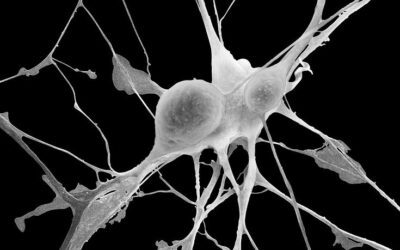Why Doesn’t My Wife or Husband Understand Me?

Understanding and speaking your partner’s love language can be a powerful tool for strengthening your relationship and deepening your connection. The concept of love languages, popularized by Dr. Gary Chapman, suggests that people express and receive love in different ways. This article explores the five love languages and provides guidance on how to use this knowledge to improve communication and intimacy in your relationships.
The Five Love Languages
Words of Affirmation:
Expressing love through verbal compliments, praise, and positive words.
Acts of Service:
Showing love by doing things to help and support your partner.
Receiving Gifts:
Expressing love through thoughtful gifts and gestures.
Quality Time:
Showing love by giving your undivided attention and spending meaningful time together.
Physical Touch:
Expressing love through physical affection, such as hugs, kisses, and holding hands.
Discovering Your Love Language
Reflect on what makes you feel most loved and appreciated in a relationship.
Notice how you typically express love to others.
Consider what you most frequently request from your partner.
Take the love language assessment to gain insight into your primary love language.
Speaking Your Partner’s Love Language
Words of Affirmation:
Offer genuine compliments, leave love notes, and express your appreciation verbally.
Acts of Service:
Help with tasks, run errands, and find ways to make your partner’s life easier.
Receiving Gifts:
Give thoughtful, personalized gifts that show you understand and care about your partner’s interests and needs.
Quality Time:
Plan date nights, engage in active listening, and create opportunities for meaningful conversation and shared experiences.
Physical Touch:
Increase physical affection, hold hands, and be present and responsive to your partner’s touch.
By understanding and speaking your partner’s primary love language, you can more effectively communicate your love and strengthen your bond. However, it’s important to remember that while love languages can be a helpful tool, they are not a one-size-fits-all solution to relationship challenges.
Open, honest communication and a willingness to understand and meet each other’s needs are essential for a healthy, thriving relationship. If you find that you and your partner are struggling to connect despite your efforts to speak each other’s love language, consider seeking the guidance of a couples therapist who can help you navigate your unique challenges and build a stronger, more loving partnership.
Types of Therapy
























0 Comments